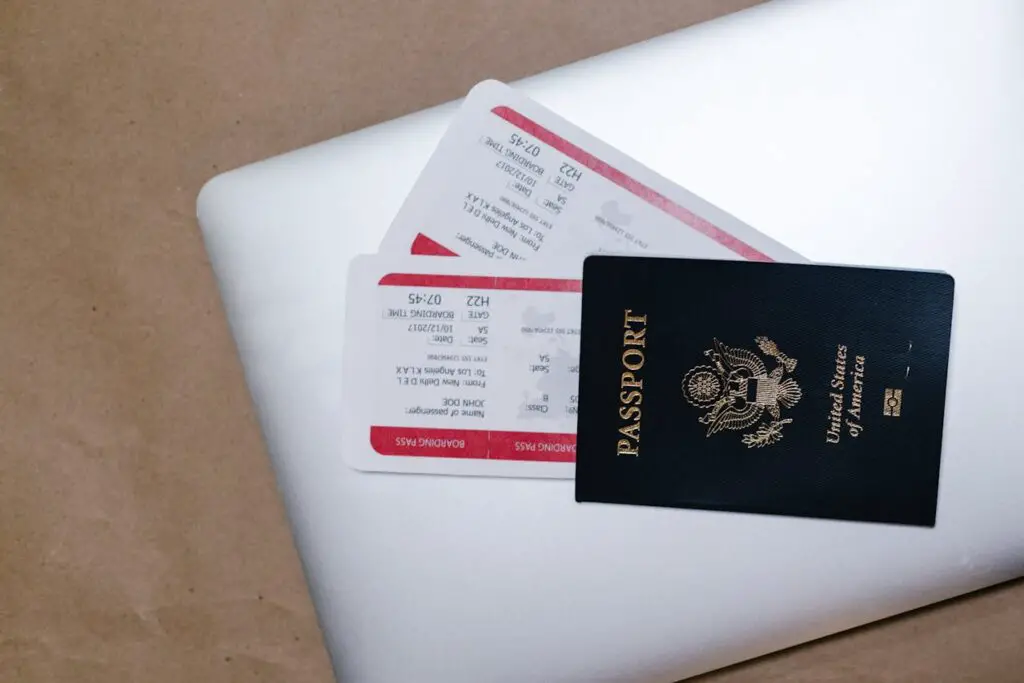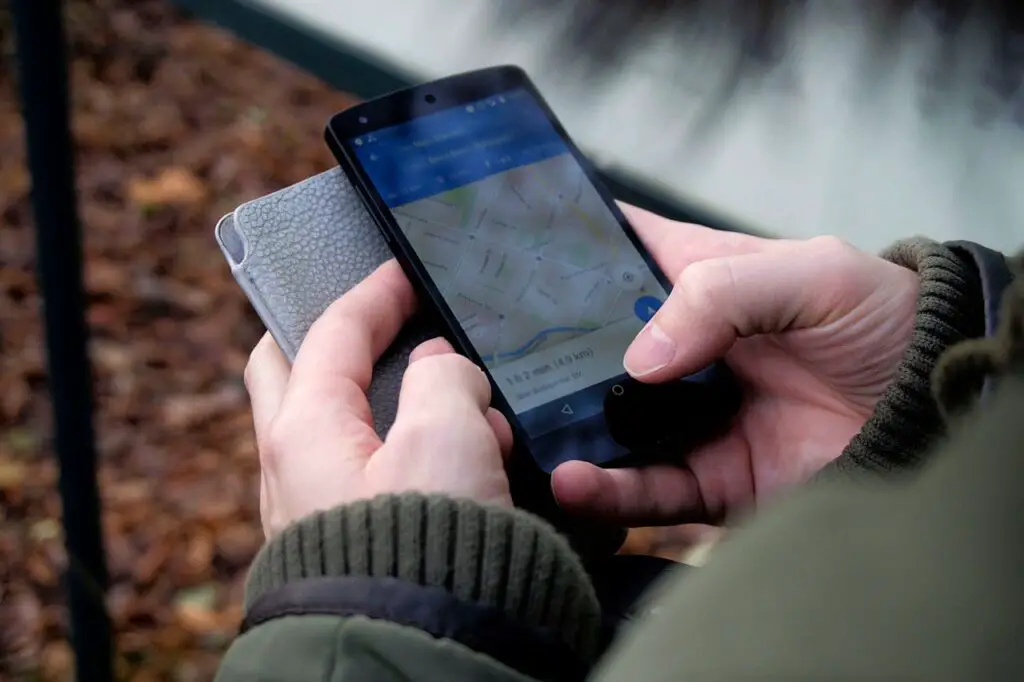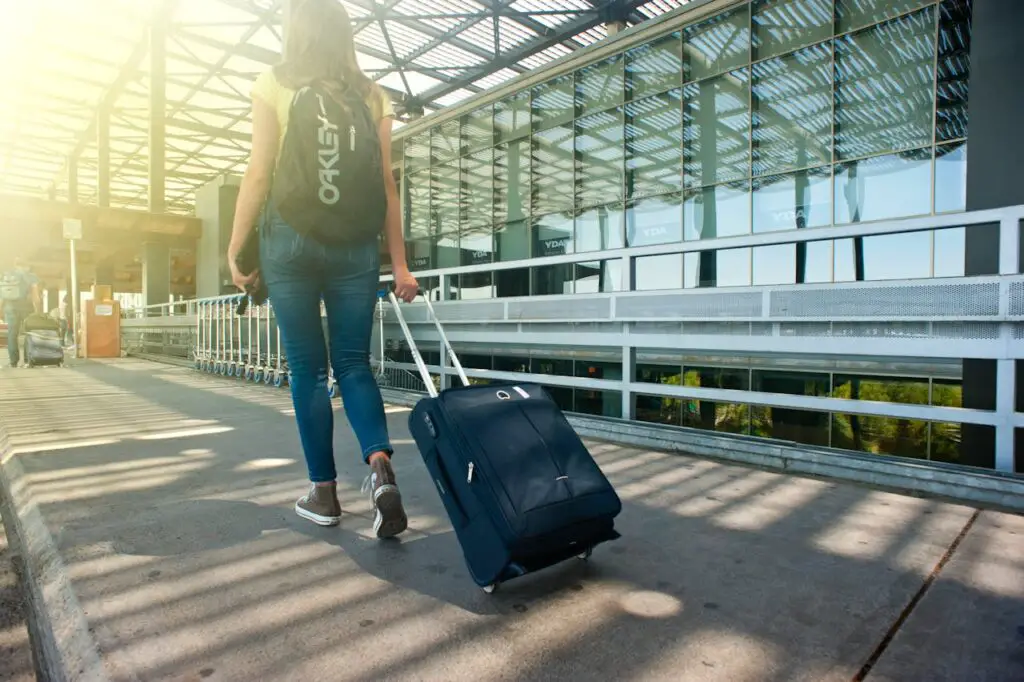6 Essential Travel Safety Tips Everyone Should Know Before Their Next Trip

Traveling to new destinations can be one of the most enriching and exciting experiences in life. Whether you’re heading to a tropical beach or exploring a bustling city, there’s a sense of adventure and discovery awaiting you. However, safety should always be a priority during your travels. From keeping your belongings secure to knowing how to handle emergencies, it’s essential to prepare properly to ensure a smooth and worry-free journey. Here are six travel safety tips everyone should know before their next trip, ensuring you can focus on enjoying your adventure rather than worrying about potential hazards.
1. Secure Your Valuables and Documents

One of the most important things to keep in mind when traveling is the security of your valuables. Pickpockets and thieves target tourists, especially in busy or unfamiliar areas. To prevent becoming a victim of theft, make sure to store your valuables—like cash, credit cards, and identification—in a secure, discreet location. Consider using a money belt, neck pouch, or hidden travel wallet. Additionally, always keep a copy of your important documents, such as your passport and travel insurance details, in a separate location. This backup will come in handy in case of theft or loss. Being proactive about your security can help you avoid stressful situations during your travels.
2. Stay Informed About Your Destination’s Safety Conditions

Before embarking on any trip, it’s vital to research the safety conditions of your destination. Different regions of the world may have varying levels of safety due to political instability, natural disasters, or health risks. Make sure to check government websites, such as travel advisories from the U.S. Department of State, to stay informed about any areas to avoid. Additionally, learn about local customs, laws, and cultural expectations to avoid inadvertently offending someone or getting into trouble. Being informed about your destination’s safety conditions will allow you to make smarter decisions and prepare for any unforeseen situations during your travels.
3. Use Technology to Stay Connected and Track Your Movements

With the rise of smartphones, staying connected and keeping track of your whereabouts has never been easier. Download essential travel safety apps to help you navigate unfamiliar places, share your location with loved ones, and stay updated on emergency services. Apps like Google Maps, TripIt, or Find My Friends allow you to share your travel itinerary and locations in real-time with a trusted contact. This feature can be a lifesaver if you’re traveling alone or venturing off the beaten path. Additionally, ensure that your phone is fully charged before leaving for the day and consider carrying a portable charger to avoid running out of battery in case of emergencies.
4. Be Mindful of Your Surroundings and Trust Your Instincts

When exploring new places, it’s easy to get caught up in the excitement and lose track of your surroundings. However, staying aware of your environment is crucial to avoiding potential threats. Always remain vigilant, especially in crowded or unfamiliar areas. Pay attention to your surroundings, watch for suspicious behavior, and avoid engaging in risky situations. If something feels off, trust your instincts and remove yourself from the situation. It’s also a good idea to limit distractions, such as listening to music through headphones, which can make you an easier target. Being mindful of your surroundings will help you stay safe and make better decisions during your travels.
5. Take Precautions When Using Public Transportation

Public transportation is often a cost-effective and efficient way to travel, but it can also be a hotspot for scams and theft. Whether you’re using a local bus, metro, or taxi, it’s essential to exercise caution. When using public transportation, be sure to only use licensed services, especially taxis and rideshares. If you’re taking a bus or train, keep your belongings close and be aware of your surroundings, as pickpockets often target unsuspecting passengers. Additionally, avoid traveling alone late at night in unfamiliar areas, especially in less populated neighborhoods. Research transportation options in advance, and choose routes that are well-lit and heavily trafficked to reduce your risk of encountering danger.
6. Know What to Do in Case of Emergency

Accidents and emergencies can happen anywhere, so it’s important to know how to respond when things go wrong. Before you leave for your trip, familiarize yourself with the local emergency numbers, such as police, ambulance, and fire services, and make sure you have a way to contact local authorities. It’s also advisable to sign up for emergency notifications, if available, which may include natural disaster warnings, civil unrest, or health alerts. If you have a medical condition or require special accommodations, make sure to carry the necessary medications, and know where the nearest hospital or clinic is located. Knowing what to do in an emergency can make all the difference in a stressful situation, and being prepared is key to managing any unforeseen challenges.
Final Thoughts

Traveling is meant to be an exciting adventure, filled with new experiences and opportunities. By securing your valuables, staying informed about your destination, and being mindful of your surroundings, you can greatly reduce the risks associated with traveling. Utilizing technology, exercising caution when using public transportation, and knowing what to do in case of an emergency will provide you with peace of mind during your trip. With these travel safety tips in mind, you’ll be better prepared to handle unexpected situations and ensure a smooth, enjoyable experience wherever your travels take you.
Leave a Reply